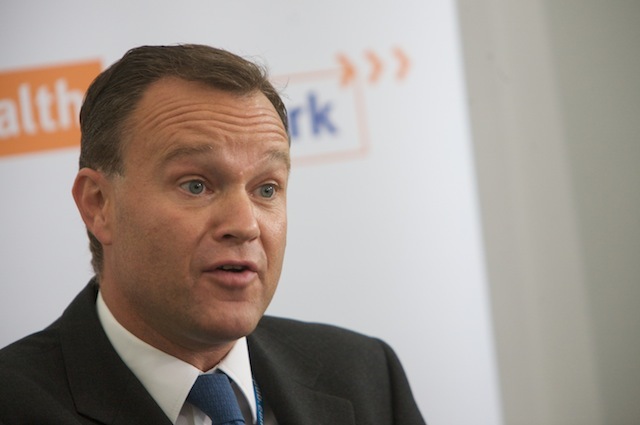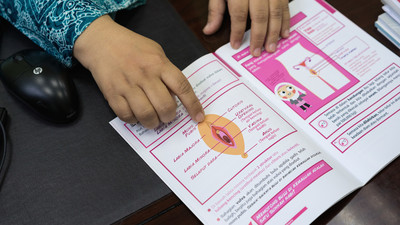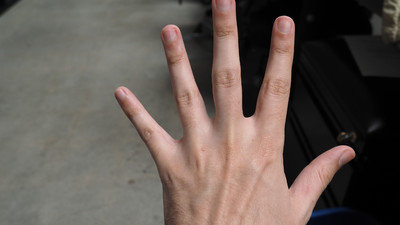February 20, 2015 (KHARTOUM) – Ten Nile basin countries will celebrate on Sunday the 16th anniversary of the Nile Basin Initiative (NBI) in Khartoum.
It began with a dialogue among the riparian states that resulted in a shared vision to “achieve sustainable socioeconomic development through the equitable utilization of, and benefit from, the common Nile Basin water resources.The NBI is a partnership among the Nile riparian states that seeks to develop the river in a cooperative manner, share substantial socioeconomic benefits, and promote regional peace and security.
The initiative was formally launched on 22nd February 1999 by the water ministers of nine countries that share the river including Egypt, Sudan, Ethiopia, Uganda, Kenya, Tanzania, Burundi, Rwanda, the Democratic Republic of Congo (DRC), as well as Eritrea as an observer.
Sudan’s minister of electricity and water resources, Muataz Musa, said on a talk show broadcasted by the state-run Radio Omdurman on Friday the NBI countries will decide on three items in order to complete the legal framework of the initiative.
According to Musa, these items include how decisions should be made within NBI, existing bilateral agreements of member states and how a member state should notify NBI countries about water projects it plans to carry out.
He revealed the role played by Sudan to shift the focus of the NBI countries from “water sharing” to “sharing water benefits”, stressing this shift represented a major leap towards developing the resources of the basin.
Musa said the Nile basin countries became “one family” after they managed to overcome their previous differences over water shares.
He added his country will celebrate on Sunday the historic day of the launch of the NBI, noting the celebration aims to raise awareness of the governments, communities, development partners, parliaments and ordinary citizens on the need for cooperation among the NBI countries to maintain and develop water resources.
Meanwhile, Egyptian AlYoum Alsabie newspapers said that Egypt’s irrigation and water resources minister, Hossam Moghazy, will participate in the Nile Basin Initiative’s (NBI) meeting, after a five-year hiatus.
“During the meeting, Egypt is set to give its views on the future of relations among the Nile Basin countries along with amendments on certain items in the Entebbe agreement,” Moghazy was quoted by AlYoum AlSabie on Thursday.
The minister underscored that Egypt will not sign the Entebbe Agreement in its present form.
In 2010, five upstream countries, Ethiopia, Kenya, Uganda, Rwanda and Tanzania, signed the Cooperative Framework Agreement, also known as the Entebbe Agreement, seeking equitable sharing of the Nile waters that would allow for more irrigation and electricity development projects.
The move was strongly condemned by Egypt and Sudan and was seen as a violation of an earlier treaty signed during the colonial era between Egypt and Great Britain in 1929 which gave Cairo and Khartoum the right to veto projects in the upstream countries that would affect its water share.
Following the signing of Entebbe Agreement in 2010, Egypt and Sudan, who own over 85 percent of the river waters according to the colonial-era treaty, froze their activities in the NBI.
There was another agreement signed between Egypt and Sudan in 1959 agreement. It gave Egypt the right to 55.5 billion cubic meters of Nile water and Sudan 18.5 billion cubic meters per year.
The Nile Basin, which covers an area of 3.2 million square kilometres, across 11 basin states, which are facing growing pressures, including persistent poverty among its populations, climate change resulting in floods, prolonged droughts, low access to electricity, lack of food security and rising populations, placing increased demands on water flows.
These challenges and threats, among others, are by their very nature trans-boundary and hence require collective action among all the basin states and multiple stakeholders at national, regional and international level; with different and sometimes conflicting interests.
(ST)















 The truth about terror in Canadian mosques
The truth about terror in Canadian mosques FBI wiretaps expose Via suspects
FBI wiretaps expose Via suspects OPP back on the Sudbury case
OPP back on the Sudbury case